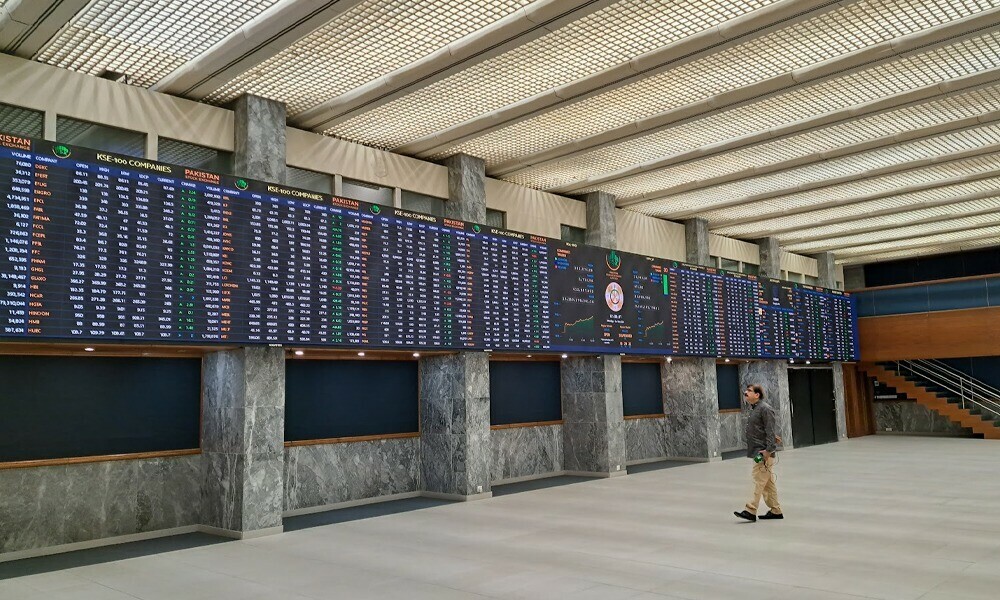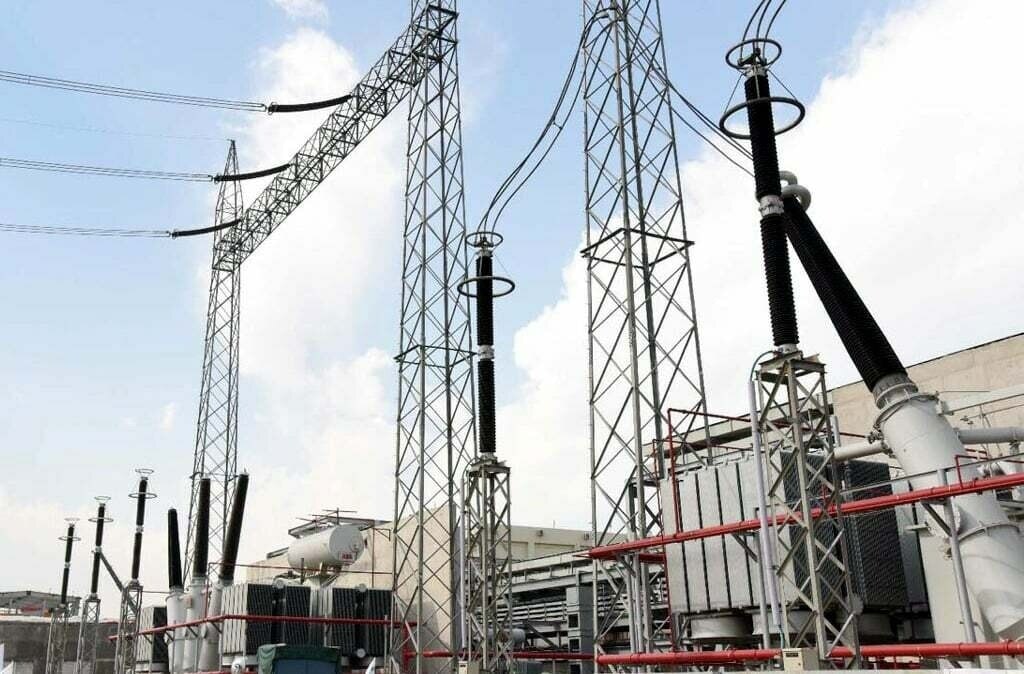PTBP Web Desk
Pakistan’s Finance Minister, Senator Muhammad Aurangzeb, has emphasized that the country’s long-term economic prospects hinge on tackling two fundamental national challenges: rapid population growth and rising climate vulnerability. His remarks came during the launch ceremony of the District Vulnerability Index for Pakistan (DVIP), an initiative developed by the Population Council and unveiled in Islamabad on Monday.
The event brought together policymakers, researchers, and development partners to highlight the importance of data-driven planning. In his address, the finance minister stressed that Pakistan’s journey toward sustainable growth cannot succeed unless these two core issues are addressed with urgency and strategic planning.
Senator Aurangzeb pointed out that Pakistan’s population is expanding at a rate of 2.5% annually, a pace he described as “not sustainable” for any economy seeking stable development. The minister warned that unchecked population momentum continues to deepen existing socio-economic challenges, placing immense pressure on public services, infrastructure, and the national budget.
He noted that persistent human development challenges—such as child stunting, learning poverty, and a workforce that lacks the skills required by modern economies—are all linked to rapid population expansion. According to experts, Pakistan requires a massive investment in education, healthcare, and employment generation simply to keep pace with population growth, let alone make progress.
The minister added that without targeted interventions, the demographic burden will continue to widen inequality and reduce Pakistan’s ability to compete in regional and global markets.
Alongside demographic pressures, the finance minister underscored the severity of Pakistan’s climate challenges. He noted that communities across the country are increasingly exposed to extreme heatwaves, floods, droughts, water scarcity, and environmental degradation.
These climate shocks, he explained, disproportionately affect districts already struggling with poverty, weak governance systems, fragile infrastructure, and limited access to essential services. Many of these vulnerable districts are located in Balochistan and Khyber Pakhtunkhwa, where the combined impact of climate exposure and social vulnerabilities is particularly alarming.
Senator Aurangzeb reminded the audience that Pakistan has repeatedly ranked among the world’s most climate-vulnerable countries, despite contributing minimally to global greenhouse gas emissions. This vulnerability, he said, requires Pakistan to design policies that protect communities and strengthen resilience at the local level.
During his speech, Aurangzeb affirmed that the Ministry of Finance remains committed to integrating population and climate priorities directly into national budgeting and resource allocation frameworks. He highlighted that finance ministries worldwide are increasingly playing a central role in shaping policies related to climate adaptation, demographic management, and vulnerability assessment.
He argued that Pakistan must adopt a similar approach by embedding vulnerability metrics into future frameworks for resource allocation, fiscal planning, and national development strategies. According to him, doing so will not only enhance climate resilience but also ensure more equitable distribution of resources across underserved districts.
Senator Aurangzeb praised the Population Council for producing a comprehensive, data-rich District Vulnerability Index after three years of rigorous research. The DVIP evaluates vulnerabilities across six key domains, providing policymakers with actionable insights into geographic disparities, climate risks, social vulnerabilities, and demographic pressures.
He emphasized that the Index offers a scientific basis for understanding district-level vulnerabilities—information that can guide decisions on resource prioritization, project design, and long-term planning. The findings of the Index reveal how multiple layers of vulnerability intersect, amplifying risks for marginalized populations.
He noted that climate exposure and social disparities reinforce each other, creating conditions that leave millions of people at risk of long-term socio-economic instability.
The finance minister also highlighted an increasing trend of rural-to-urban migration, which has contributed to the rapid expansion of informal settlements in major cities. These settlements often suffer from inadequate water, sanitation, and hygiene systems—all of which contribute to poor health outcomes and persistent child stunting.
He encouraged researchers to expand their work on urban vulnerabilities, arguing that Pakistan’s long-term planning must reflect the full spectrum of demographic and climate-linked challenges, both in rural and urban settings.
Senator Aurangzeb concluded by stressing the deep interdependence between population dynamics, climate impacts, and long-term national resilience. He urged all stakeholders to recognize that addressing one challenge without addressing the other will be insufficient for Pakistan’s development trajectory.
He expressed confidence that the District Vulnerability Index will play a critical role in shaping future national strategies by offering clarity on which districts require urgent attention and which systemic vulnerabilities must be resolved to build a more resilient and equitable Pakistan.




